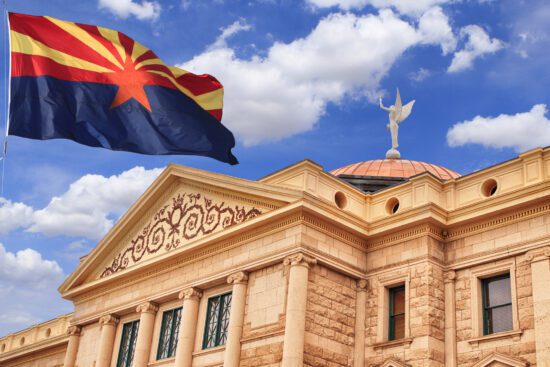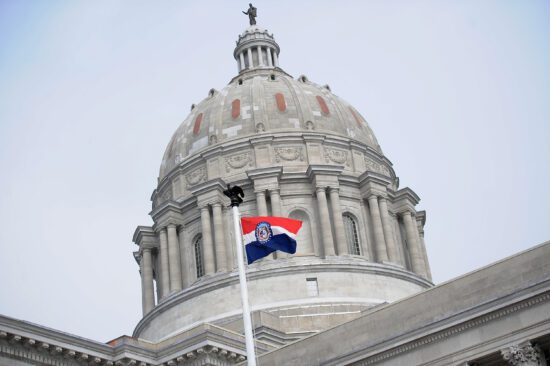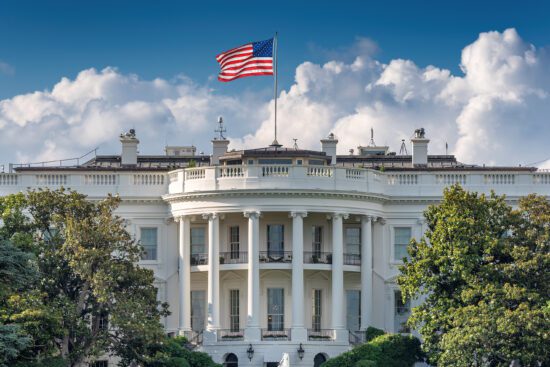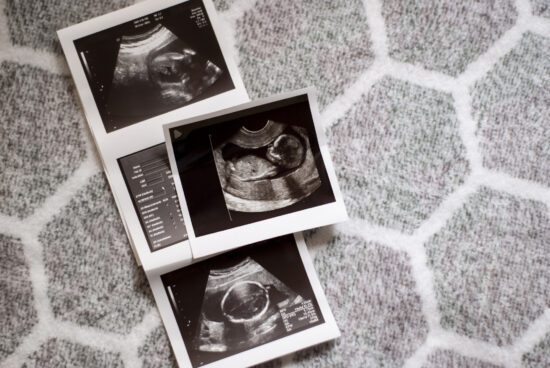What happened?
On Feb. 19, Brigham Young University (BYU) announced a wide array of changes to its Honor Code, which included removing a section on “Homosexual Behavior.” BYU is the flagship university of the Church of Jesus Christ of Latter Day Saints, more commonly known as Mormons.
The previous honor code had a section on “Homosexual Behavior” which stated the following:
“One’s stated same-gender attraction is not an honor code issue. However, the honor code requires all members of the university community to manifest a strict commitment to the law of chastity. Homosexual behavior is inappropriate and violates the honor code. Homosexual behavior includes not only sexual relations between members of the same sex, but all forms of physical intimacy that give expression to homosexual feelings.”
The new honor code has removed this section in favor of using more generic language. The summary of the Church Educational System Honor Code explains that students must:
“Live a chaste and virtuous life, including abstaining from any sexual relations outside a marriage between a man and a woman.”
The Church Educational System Honor Code Related Policies, which gives more details, says:
“Students must abstain from the use of alcohol, tobacco, and illegal substances and from the intentional misuse or abuse of any substance. Sexual misconduct; obscene or indecent conduct or expressions; disorderly or disruptive conduct; participation in gambling activities; involvement with pornographic, erotic, indecent, or offensive material; and any other conduct or action inconsistent with the principles of The Church of Jesus Christ of Latter-day Saints and the Honor Code is not permitted.”
However, this notably left many students, faculty, and alumni on both sides of the issue confused as to what now constitutes acceptable behavior or expression for students who identify as LGBTQ. Though the Honor code still includes “abstaining from any sexual relations outside a marriage between a man and a woman” in accordance with the church’s teachings on marriage, it remains unclear whether students can now engage in public displays of same-sex expression such as dating, kissing, and hand holding, or whether such acts constitute “obscene or indecent conduct or expressions.”
This lack of clarity has led to various interpretations of the changes. Some students, upon hearing of the changes, rushed to take a picture of themselves kissing in front of a statue of Brigham Young on BYU’s campus. Others have contacted the Honor Code Office, which supposedly told them that gay dating, kissing, and hand holding is okay.
On the other hand, the school remains firm that nothing significant has really changed. Through their Twitter account, BYU initially acknowledged that there may have been some “miscommunication as to what the Honor Code changes mean,” but maintains that “even though we have removed the more prescriptive language, the principles of the Honor Code remain the same. The Honor Code Office will handle questions that arise on a case-by-case basis. For example, since dating means different things to different people, the Honor Code Office will work with students individually.” However, this still left the issue unclear.
Christians need to strive toward the biblical ethic of love, which can simultaneously uphold the truths of Scripture about human sexuality, call all sinners to repentance, and maintain a caring and compassionate response toward those who have these particular temptations.
On March 4, BYU tweeted a letter from Elder Paul V. Johnson, the Commissioner of the Church Educational System, which finally appeared to offer clarity. In the letter, he reaffirmed the church’s stance on marriage: “marriage between a man and a woman is ordained of God and that the family is central to the Creator’s plan for the eternal destiny of His children.” He added that “same-sex romantic behavior cannot lead to eternal marriage and is therefore not compatible with the principles included in the Honor Code.”
What does this mean for Christians?
The struggle that we see here at BYU is not new. Though BYU is not a theologically orthodox Christian school and the Mormon faith is considered by faithful Christians to be heterodox (Here is a helpful explainer on the differences between Mormons and Christians), the Mormon church has largely upheld moral standards concerning marriage and the family that are in line with orthodox Christianity. As such, the parallels here between BYU and what has been witnessed at other Christian institutions are uncanny.
Take, for instance, Azusa Pacific University (APU) in southern California, a Christian school founded on the Wesleyan Holiness Tradition. From August 2018 through March 2019, APU went through a series of flip-flops on the very same issue of whether students could openly engage in LGBTQ relationships and public displays of affection. While APU maintains that sex should be between one man and one woman in the covenant of marriage, it now, unfortunately, maintains a neutral or open stance on the romantic (or explicitly non-sexual) aspects of LGBTQ relationships.
The cultural pressure to change stances on the vast array of LGBTQ issues is being brought to bear on every Christian institution, and it won’t stop. Because of this, Christians need to know how to think through these issues well.
How should Christians think about this?
Christian schools and institutions are struggling with the pressure from our culture to embrace the entire LGBTQ agenda while still trying to maintain biblical standards about sexuality and gender and being pastoral toward those with unwanted same-sex attractions or gender dysphoria. Unfortunately, this has led some Christian institutions like APU to compromise on this aspect of LGBTQ romantic relationships and public displays of affection. Yet, as Albert Mohler explains, this is not consistent with a biblical understanding of human sexuality.
“The biblical worldview does not allow for same-sex or LGBTQ romantic relationships. APU has adopted an explicit contradiction of the scriptural understanding of marriage, sexuality, gender, and romantic relationships between men and women. You cannot compartmentalize romance. Romantic relationships are themselves deeply moral and they imply the fulfillment of the sexual. Any construct contrary to the Bible’s clear teachings about sex, gender, and romance is by definition unbiblical. No Christian can live in logical consistency with the biblical teachings regarding marriage and simultaneously celebrate same-sex couples and homosexual displays of affection.”
Christians need to strive toward the biblical ethic of love, which can simultaneously uphold the truths of Scripture about human sexuality, call all sinners to repentance, and maintain a caring and compassionate response toward those who have these particular temptations. The gospel demands it of us.







